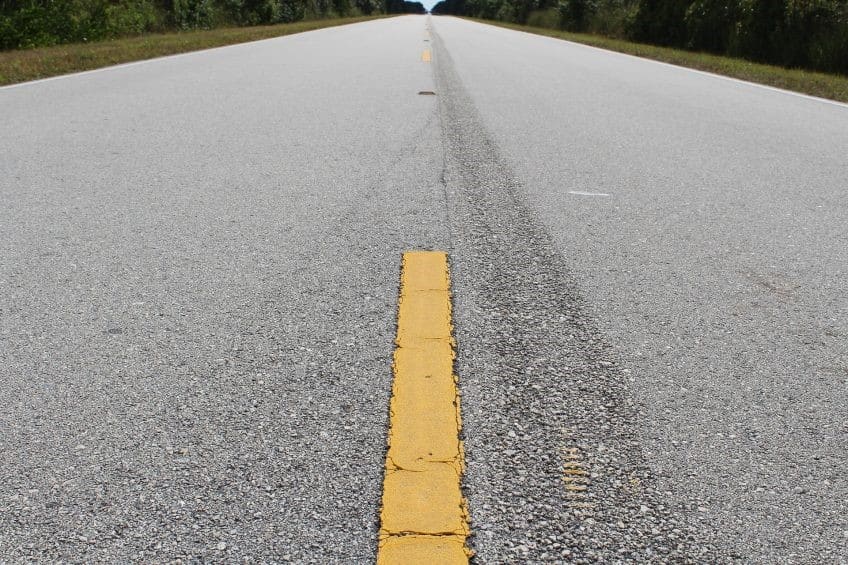Vicarious Liability
Vicarious Liability In Florida
There are several different theories of vicarious liability in Florida. In short, vicarious liability is when the law holds someone else legally responsible for damages caused by another. This is why we as lawyers say that liability is “imputed” to a third party. Those common instance of imputed liability is when an employer is called upon to be responsible for acts committed by employees.
Respondeat Superior
Respondeat superior is a latin phrase that means “let the master answer.” In the real world, we don’t speak of masters and servants but instead we have employers and employees. The doctrine of respondeat superior makes the employer legally responsible to pay for damages caused by an employee while that employee is in the course and scope of employment. In other words, your employer is responsible to pay for damages that you cause while you are on the clock at your job. Once you are off the clock and no longer acting on behalf of the employer (and for the employer’s benefit), then the employer is no longer legally held responsible.
The key to legal liability under the doctrine of respondeat superior is that the employee has to be not only on the clock but also benefiting the employer. An employee who is on the clock but who is doing something that is the employee is not permitted to do may be considered outside the course and scope of employment for which the employer is not legally responsible.
This is frequently referred to as a “frolic.” For instance, if an employer sends an employee out to the post office and while on the way to the post office the employee takes a detour to go into a store and buy something unrelated to work, any negligence committed by the employee (i.e. a car accident) while going to the store and before getting back on route is considered to have occurred during a “frolic” for which the employer is not responsible.
Distinction Between Independent Contractor and Employee
In Florida, there is generally no legal liability for an employer when an “independent contractor” (as opposed to an employee) commits negligence while acting on behalf of the employer. This area of the law is tricky in that a person may be considered an employee for some purposes while an “independent contractor” for others.
Many employers who instruct employees to drive their own personal cars on a mission for their employers consider the time while driving their own personal cars as “independent contractors” as opposed to “employees” while they are driving personal vehicles. Therefore, if the employee hits and injures someone while driving their own car, then the employee is responsible and not the employer. Depending on the circumstances, this may or may not hold up in court.
Oftentimes, the employer will have much more insurance coverage than the employee and may have assets that are reachable by civil judgment. Failure to sue the employer may be a grave mistake if you don’t do it after your accident.
Dangerous Instrumentality Doctrine
Another area commonly associated with vicarious liability in Florida is the “dangerous instrumentality” doctrine. A “dangerous instrumentality” is an object that has the propensity to cause injury or death while being used. Cars, trucks, boats, airplanes and all sorts of other types of machinery are considered dangerous instrumentalities in Florida.
The rule in Florida is that the owner of a dangerous instrumentality is held legally liable for any and all negligence committed by someone with permission to use the object. If you allow someone else to borrow your car in Florida, then you are legally responsible for any and all damage that person causes with your vehicle. As the owner of a dangerous instrumentality, you are held legally responsible because you gave your consent for the other person to drive your vehicle even if they did something that you would not necessarily approve of.
The key to an owner’s liability for damage done by a dangerous instrumentality is that of the course and scope of the permission. Likewise, the owner of a car that has been reported stolen is not held legally responsible for what the thief does with the car because they never had consent from the owner but a vehicle does not become stolen simply because it is borrowed for an extra day or is driven further than expected.
Call A Personal Injury To Discuss Your Case
If you have been injured by someone on the job or someone who is borrowing a dangerous instrumentality, then you have a legal claim against the employer or the owner. A Lakeland personal injury attorney can help you determine who you should sue for your injuries and what legal theories to sue them for.
A free, no-obligation consultation is available where you can discuss your case with an attorney. Contact us today to schedule your free appointment. There are no fees or costs unless your case is won.
We represent clients who need to bring a personal injury lawsuit in Polk County including Lakeland, Winter Haven, Bartow, and Haines City, Florida.


